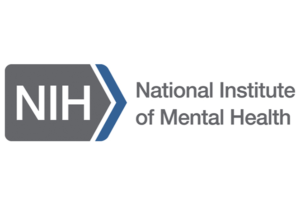
Cognitive Behavioral Prevention of Suicide for Psychosis
Principal Investigator: Lindsay Bornheimer, PhD
Funder: National Institute of Mental Health
Suicide is among the leading causes of death for adults with schizophrenia, with risk for suicide death estimated to be eight times greater than that of the general population. Currently, there is a lack of suicide prevention-focused interventions tailored for adults with schizophrenia spectrum disorders. In addition, there has been limited use of community based participatory research (CBPR) methods in psychosocial treatment adaptation, specifically in relation to symptoms of psychosis.
Dr. Bornheimer’s pilot effectiveness clinical trial (R34) focuses on modifying and evaluating the acceptability and preliminary effectiveness of Cognitive Behavioral Suicide Prevention for psychosis (CBSPp), a promising intervention requiring protocol and implementation modifications to increase its utility in community mental health (CMH).
To modify the intervention, the project team will first develop a hybrid technology-assisted CBSPp provider training and include engagement enhancers for clients, such as text-message boosters, website with content and homework tasks, and weekly videos of entertaining lessons reinforcing content. The team will then share the treatment protocol with stakeholders at CMH (clients, staff, providers, directors, leadership) for feedback and to collect qualitative data to further inform modifications. Stakeholder data and modifications to date will be presented to a panel of scholarly experts in the fields of suicide and psychosis research, intervention research, and implementation science for interpretation and additional modification suggestions. The modified treatment will be tested in an open pilot trial (n=10) prior to the Aim 2 trial.
After the intervention has been modified and tested in the open trial, the project team will conduct a randomized control trial (n=60) to test the preliminary effectiveness and implementation of this modified CBSPp versus the comparison of CMH services as usual. A 4-wave design will include quantitative assessments at baseline, mid-test (1 month), post-test (3 months), and follow-up (5 months) with in-depth qualitative interviews at follow up for a random sample of ten participants in the CBSPp group. Providers (n=10) will be trained to deliver CBSPp and receive ongoing supervision from the project team. Providers will be assessed at each time point to evaluate the implementation process, including in-depth qualitative interviews at the follow up time point. The project team will monitor fidelity, acceptability, usability, and feasibility of the modified CBSPp.

